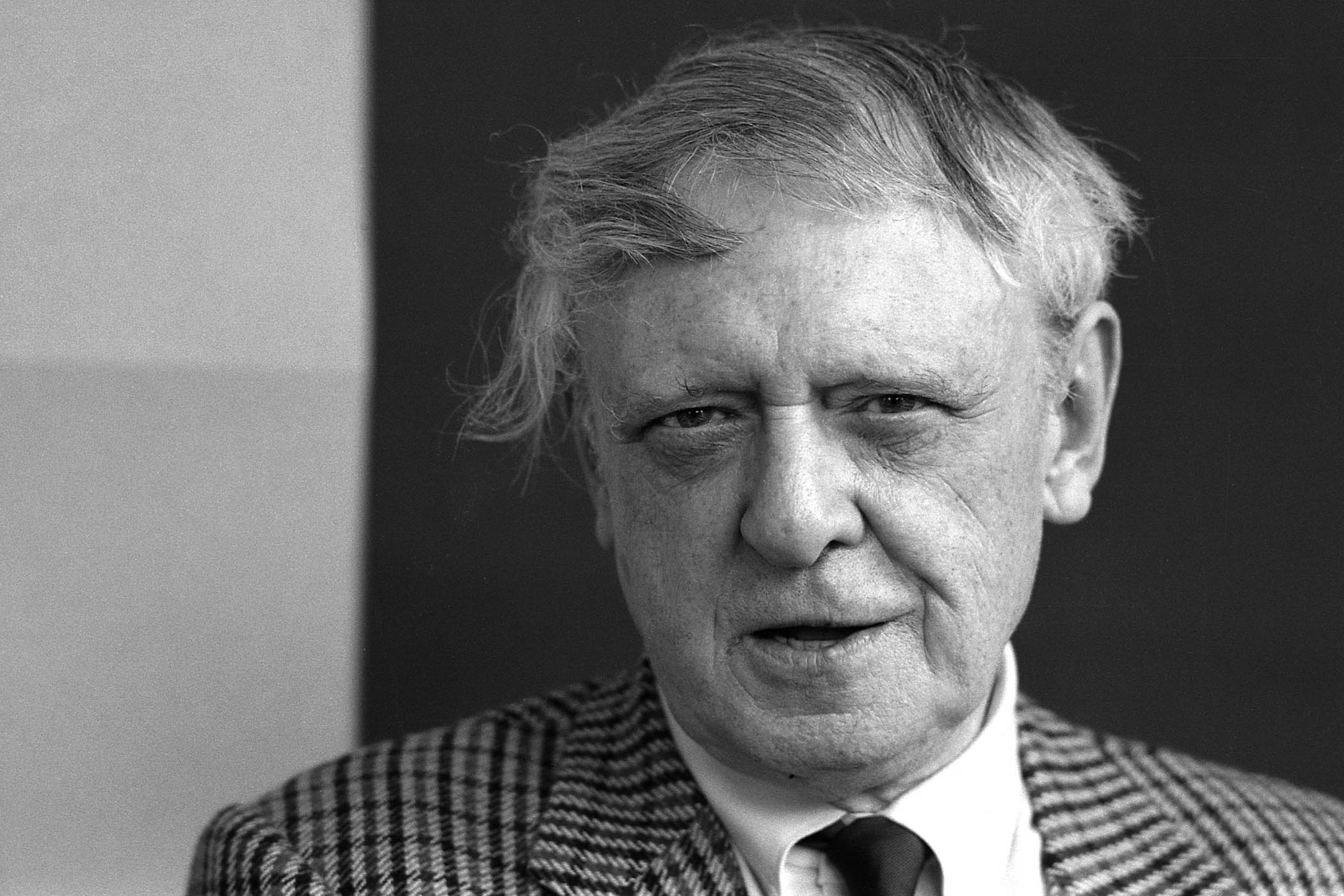In a memorial for the Observer’s renowned literary editor Terence Kilmartin in 1991, Anthony Burgess, then 74, gave a eulogy that reflected on his own life writing reviews for this paper, which he did for more than 30 years. Characteristically, the author of A Clockwork Orange was unsparing of his own efforts. “Reviewers are lazy,” he began, indicating that this was very much his own tribe. “The status and, indeed, physical condition of the reviewer is summed up in a trenchant article by George Orwell: [a reviewer] looks older than he is. He sits at a table covered with rubbish which he dare not disturb, for there may be a small cheque lying under it.”
It rarely, Burgess suggested, began like this. Every reviewer, woman or man, started life with “high hopes, noble aspirations”. He confessed that, for him, the rot started to set in at the Yorkshire Post, for which he wrote in his 40s. He was struck, he recalled, by “what seemed a great silence” from readers. He received only one letter, “and that was a horticultural lady who responded to my incidental statement that British orchids had no smell. ‘They do, you know,’ she wrote.”
Eventually, he said, he “determined to arouse some more interest by reviewing a book of my own”. He had recently published the novel Inside Mr Enderby, under a pseudonym, and he reviewed the book at some length, pointing out how obscene it was, warning readers against it.
When the news got out, Burgess (pictured below in 1985) was outcast briefly. Kilmartin kept him reviewing for the Observer though – not just books, but films, opera, fashion, whatever took his attention. He never stopped, even as his books made him wealthy and famous. And he never forgot the bad reviews his own novels received. (“I yawned on the first page and would have yawned on the last, if I had ever reached it,” was one favourite.)
Burgess ended this delightful tribute to his friend and editor with a confession. The truth was, he said, that for all his cynicism, “nothing in my life, except the love of a good woman, has been more important” than the world of books and reviewing and newspapers. “It’s the madness that sustained our civilisation in the past,” he said, “and [it] is unlikely to be superseded by new modes of communication between souls, if souls may still be said to exist. We have our uses.”
Related articles:
Burgess died two years later. In his memory, a prize was established celebrating his long association with his favourite paper. This year’s prize is now open for a new generation of reviewers.
The prize
The Observer/Anthony Burgess prize has been awarded each year since 2013. The first prize is £3,000 plus publication in the print and online editions of the Observer. Two runners-up will win £500 each. It is open to new writers. (There is no age restriction but if you have published a book, or are contributing regular articles to national publications, this prize is not for you.)
To reflect Burgess’s breadth of interest, there is also no restriction on the range of art forms that entries can cover.
How to enter
To enter, you’ll simply need to submit an 800-word review of a new artwork or performance, suitable for publication in the arts pages of the Observer.
The prize judges
The prize judges are Anna Leszkiewicz, arts editor of the Observer, and Andrew Biswell from the International Anthony Burgess Foundation. This year’s guest judge is Susannah Clapp, the Observer’s theatre critic.
The prize is open for entries now. The deadline is 28 February 2026.
You can find full details of the prize, previous winners and how to enter at www.anthonyburgess.org



